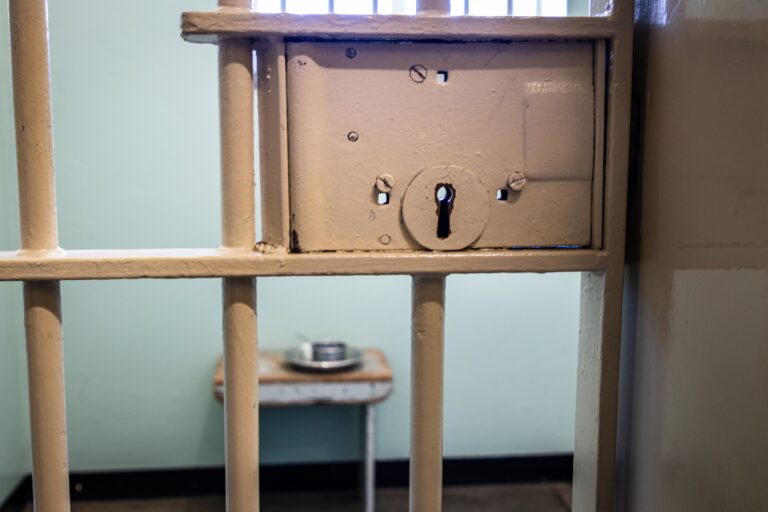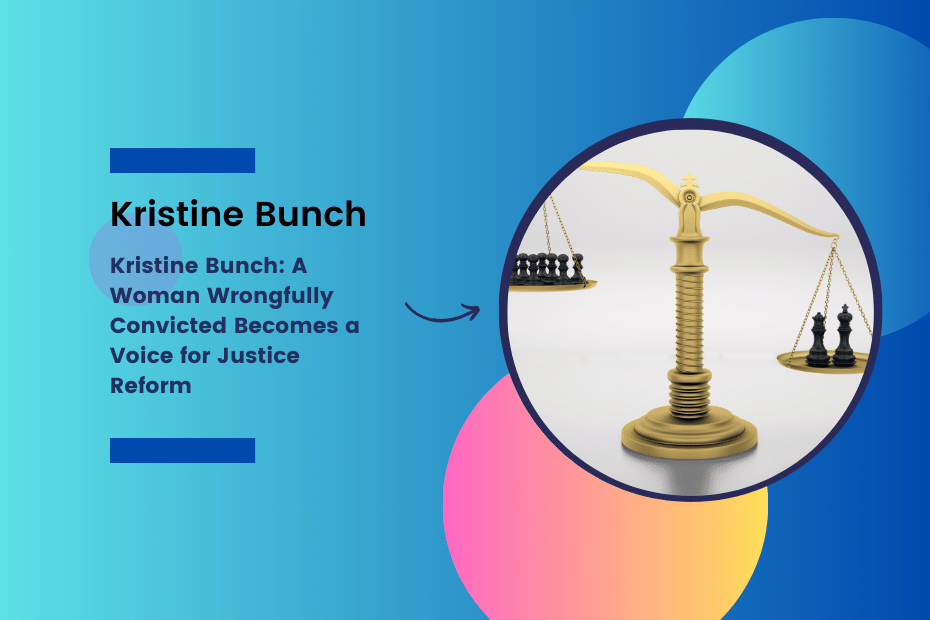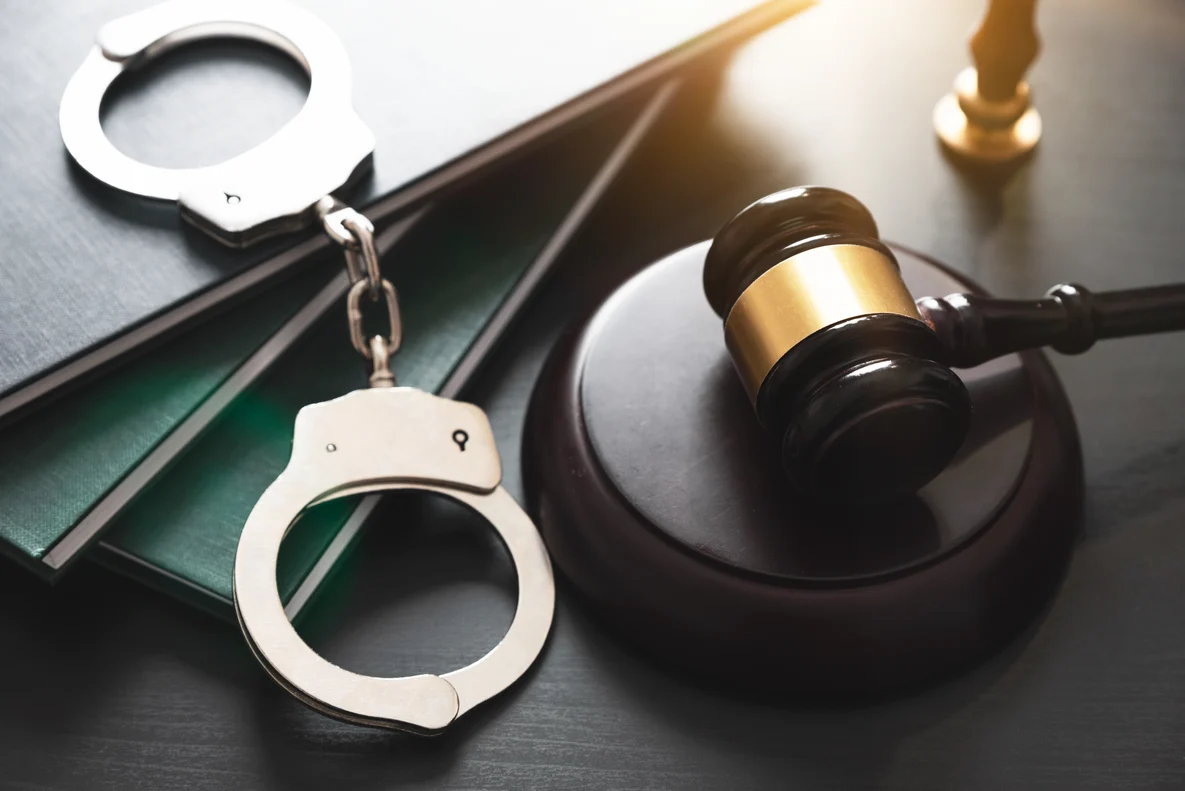“Every American deserves their day in court. Every American is innocent until proven guilty. These are core values enshrined in our founding document - the United States Constitution.”
Congressman John Garamendi
Unlawful detention is a serious issue that affects individuals all over the world. It is defined as the illegal or unjustified imprisonment of a person by a government or other authority. This can take many forms, including detention without trial, detention without charge, and detention without access to legal representation. Unlawful detention can have serious consequences for both the individuals who are detained, their loved ones, and society as a whole.
The Bail Reform Act
One of the most obvious and egregious forms of unjust detainment is detention without trial. Federal detention is governed by the Bail Reform Act, under which courts must consider an individual’s dangerousness, the seriousness and nature of the allegations, whether the individual is a flight risk, and the individual’s ties to the community. Under the BRA, the court is supposed to fashion a reasonable bond that will assure an individual’s presence in court and protect the community—the court can order bond with conditions, such as an ankle monitor or a curfew, to meet these goals.
Unfortunately, the BRA’s application has given rise to several issues. First, while prosecutors in some federal districts routinely agree to bond with conditions, other districts take a harsh approach and refuse to stipulate even in non-violent cases. The BRA is therefore applied arbitrarily; one person in one district gets released, while a similarly situated person in another district gets detained. While the law is meant to apply nationally at the federal level, a person’s view on the fairness of the judicial system is substantially determined by where they are charged.
The second and more serious problem is that courts routinely fail to follow the BRA and simply take the prosecutor’s word that a person should be detained pretrial. In 2020, the Justice Reform Foundation’s President, Justin Magnuson, was arrested and wrongfully detained for 20 months without going to trial. At his bond hearing, the government asked the court to deny Justin’s bond—the prosecution had no solid evidence to hold him and relied solely on the word of criminals who lied about Justin in exchange for leniency. The court sided with the government again and again, despite the fact that the government’s claims were unsubstantiated, and Justin offered to be put on almost every condition listed in the BRA.
The Strategy of Pretrial Detention
Why do prosecutors sometimes refuse to stipulate to bond? The government frequently uses pretrial detention to pressure people into pleading guilty, and it works. When someone is arrested, they are transported to a jail or detention center, sometimes far from home. The jails are often overcrowded, with multiple people crammed into one room. They are stripped of their clothes and belongings. Along with their freedom they lose their privacy and autonomy. They sleep on metal beds surrounded by strangers, the smell of the toilet filling the room. They get limited time outside and in visitation. Their food lacks nutrition, and many inmates cannot afford additional food from the commissary. Female inmates lack access to feminine hygiene products. Some don’t speak English. Some barely hear from their attorneys. They are angry, confused, and alone. All they want is to go home. It’s no wonder many of them would do just about anything to get out. The government refuses to stipulate to bond because doing so gives them an advantage. Their strategy works.
So, what was Justin to do? How does anyone get bond? The government offered Justin one solution: he could cooperate against other people. But because Justin was neither a drug trafficker nor a money launderer, he did not have any information to give and wasn’t willing to lie to save himself. He chose to stay behind bars instead.
But after Justin’s counsel turned over evidence of Justin’s innocence to the government, the prosecutors agreed to release him with credit for time-served, no probation, and no fine, and in exchange he pleaded guilty to a Prohibition-era law. The original indictment filed against Justin, which caused his nearly two-year incarceration, was dismissed in its entirety.
Justin was fortunate to have resources to support him while he was detained, including the ability to afford competent legal representation to fight for him. Justin was also privileged to have put in hard work to build a life for himself, and his family was waiting for him upon his release. Most people are not so fortunate—public defense offices are wildly underfunded, and imprisonment often causes estrangement between the incarcerated person and their relatives.
Additional Consequences of Pretrial Detention
The mental and emotional toll that pretrial detention takes on a person is only one of the consequences. Pretrial detention also has economic consequences. Detained individuals lose their jobs and their ability to provide for their families. If and when they are released, their history of incarceration makes it much more difficult to find work and housing. To survive, many turn to illegal sources of income, get re-arrested, and the vicious cycle continues.
Finally, unjust detention undermines the presumption of innocence and due process as guaranteed by the U.S. Constitution. All three branches of our government are responsible: the legislature is for enacting bail laws, the judiciary for ruling pursuant to the law, and the prosecutors as part of the executive for using their discretion in accordance with the law. When the government fails to uphold to these responsibilities, the accused, their families, and our society suffer. It is important that the government takes steps to ensure that individuals are not unlawfully detained and that they have their day in court. This is not only a moral imperative, but it is also essential for the preservation of our democracy.






.png)